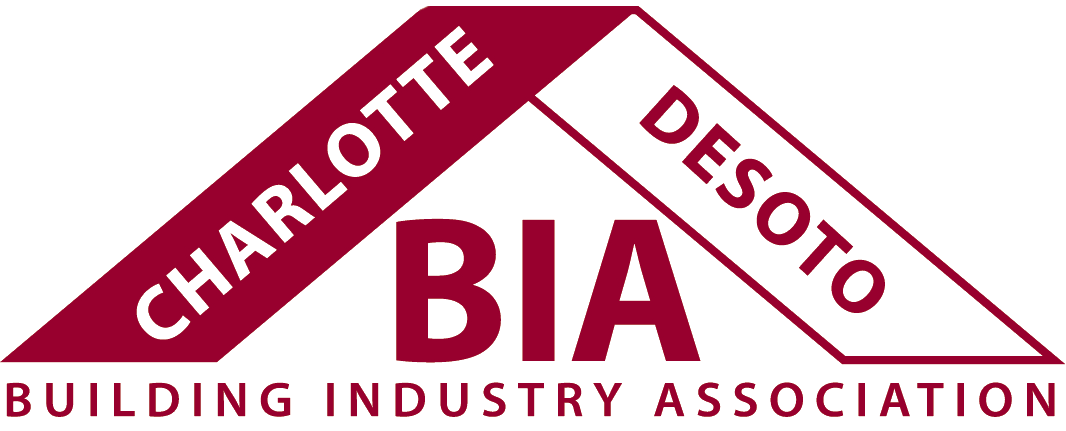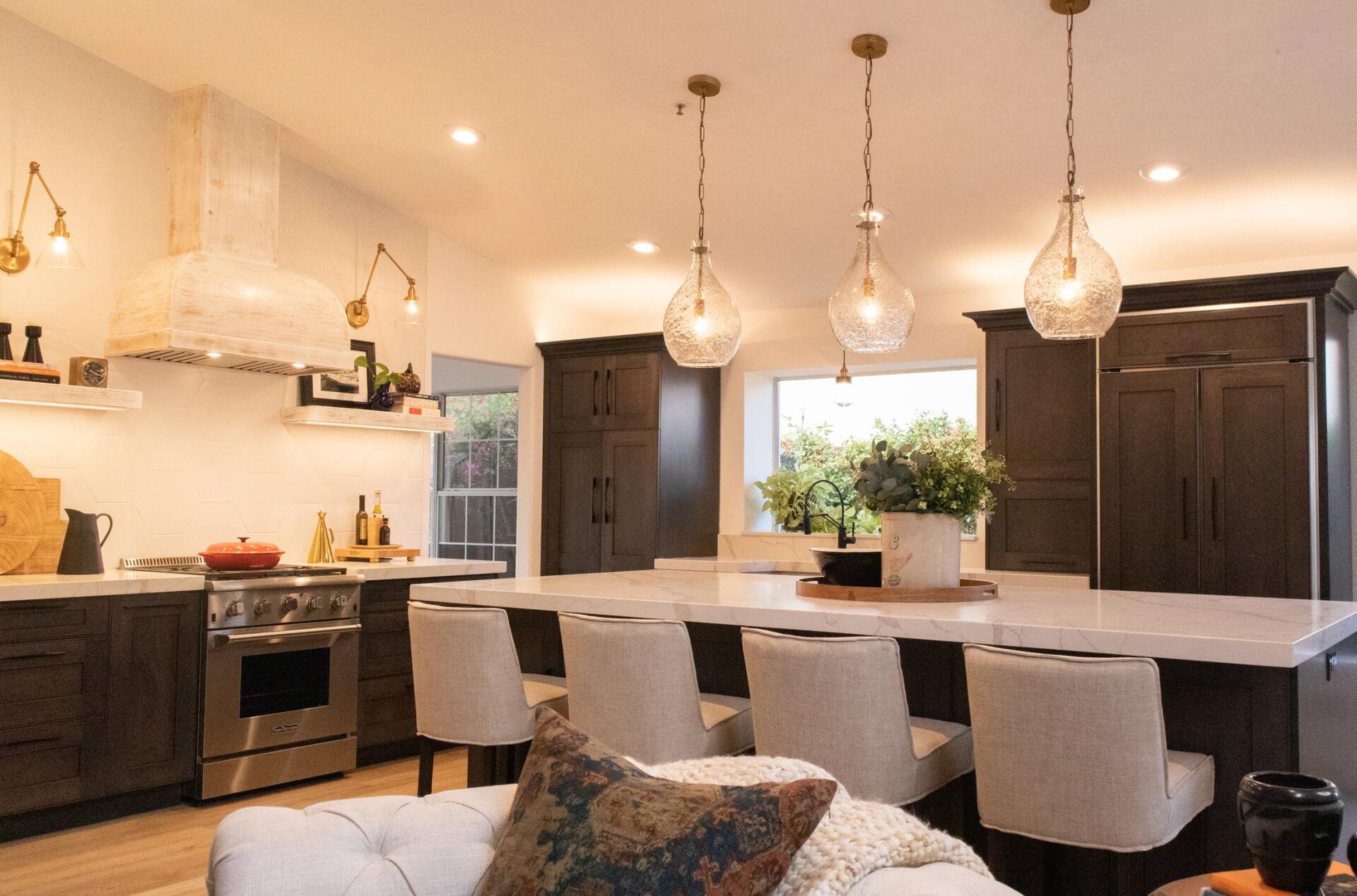News

What is Title Insurance? Title insurance is a form of indemnity insurance that protects lenders and homebuyers from financial loss sustained from defects in title to a property. This policy protects you from all legal challenges to your ownership, both known and unknown. This could be challenged by unknown heirs, lienholders, or any recording errors in the chain of title. The value of the policy could be used to defend your ownership or reimburse you for the loss of the property if that occurs. A new construction project has just as much ownership risk as any other home purchase, maybe more! Title insurance is there to protect your ownership. A title agent will do an extensive search on the property to ensure there is nothing outstanding that can stand between you and your land, and home ownership. This extensive search will ensure there are no liens (outstanding money owed on your property) and that no one else can challenge your ownership. Title companies typically look at the municipality liens, judgements, utilities, Homeowner’s Association fees as well as any other individual or entity that can file a lien on your property. In new construction, every subcontractor or tradesman has the right to place a lien on your property until the general contractor pays them. For a title policy to be issued, all of those liens need to be released. The Title Agent’s job is to make sure that is completed. Many people believe that because they purchased a title policy when they bought the land, they are fully covered. That title policy would only insure up to the value of the land. If the land could be lost to an ownership challenge, so could the home you just built on the land. If there are outstanding liens, judgements or other challenges, an owner of the property would then be liable to pay anything that exceeded the amount of the title policy. Even for cash buyers, you want to insure your home for its full value. If there is any problem with your ownership, you will be insured up to the full value of the home. There is true value in getting a title policy when completing a new construction project. Kevin Graham is President of Suncoast One Title & Closings and can be reached by contacting any branch located in North Port, Port Charlotte, Punta Gorda, Englewood or Venice, or email him at kevin@suncoastone.com
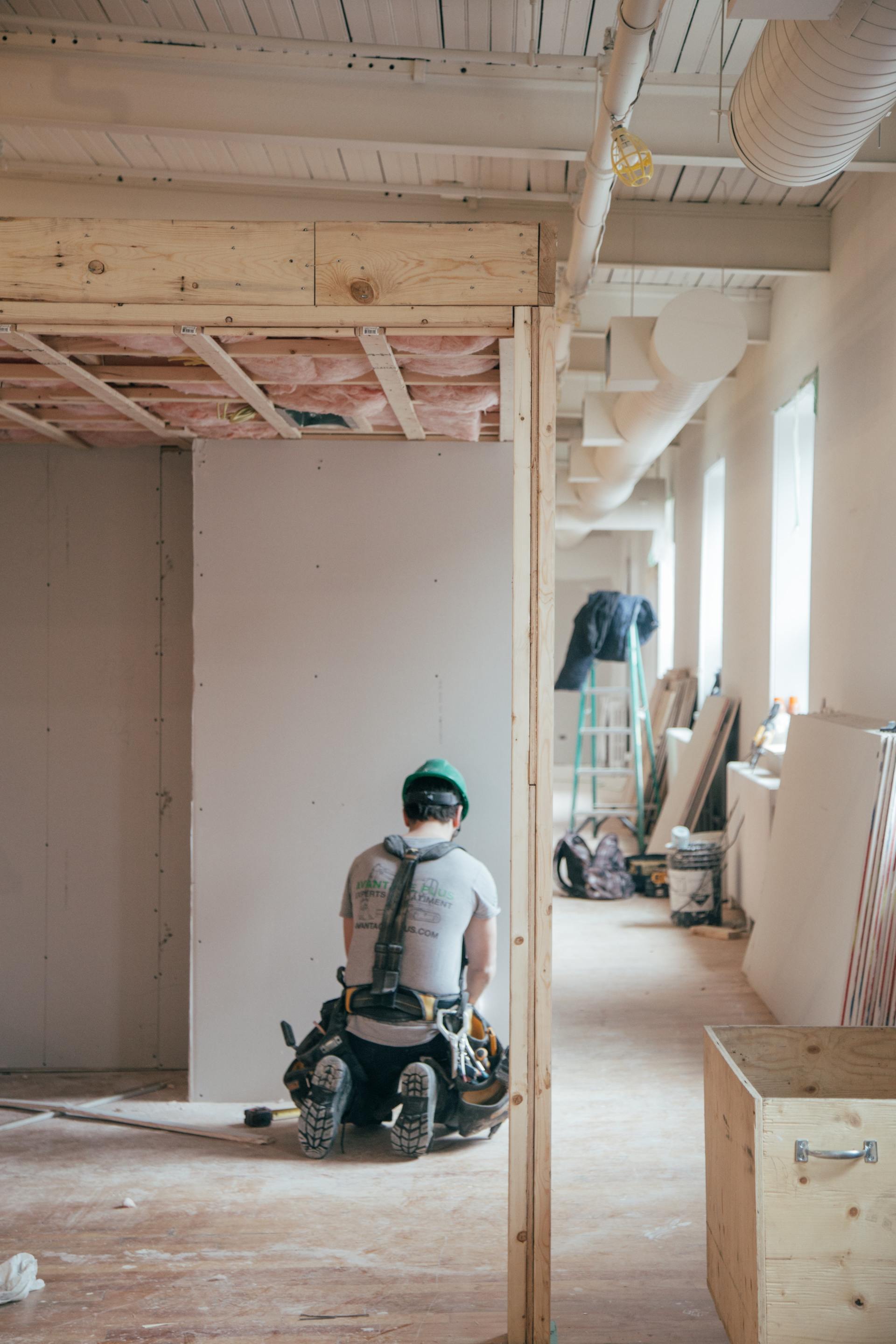
The Charlotte DeSoto Building Industry Association’s consists of a group of individuals and firms who care about their community - who believe that home ownership should be within reach of every American. So we have asked the experts, the home builders to help provide tips for anyone who is wondering how to choose the perfect builder. Once you decide on which builder you are interested in working with, here are a few way to check out the builder. How to Choose A Builder References are very important and a great builder will always be willing to give you names of clients who they have built a home for. TJ Thornberry (Thornberry Custom Builders) recommends to check with your friends, family or someone you know and trust who have recently built homes. Some have gone through the due diligence already.” Ask for sub-contractor references and how long they have worked for the Builder. If there is high sub-contractor turn-over (plumbing, electrical, HVAC, roofing, etc), that should be a red flag” TJ wrote. Check License Make sure they are licensed. State contractors licenses can be searched on the Department of Professional Business and Regulation website. If any complaints have been filed against the builder with DBPR, this information is available on this site as well as the outcome of any cases. Paul Schaefer (Sage Homes) also recommends when you are meeting with a company, ask to meet with the license holder, the people who will walk you through the process, who your contact would be throughout the build; ultimately, your goal is to find someone (or a team of people) with whom you are most comfortable, someone you feel you can trust with your dreams and in many cases, your life's savings. The market is competitive enough that for the most part, we're all running similar. Check with Subcontractors Kim Abbott, Turn Key Custom Homes stated “One of the most valuable resources for a buyer, is the builders subs. How does he treat them, does he pay them on time, does he run a good schedule, and what they think of the builders quality. I would suggest a buyer should walk up to (a) job site and visit with any sub that might be on the job and ask them what they think of the builder. Tell them they are interested in building a home and get their thoughts. Peter Ide suggests checking with your builders and if the builder is not working with the same subs he didn’t work with a year ago, ask the builder why? Call up subcontractors too and ask them why are they not working with a builder. Cost When building a home, cost may seem like a high priority, but remember the least expensive is not always the best. Prior to any contract, a builder will give you a cost sheet of how much each part of the construction will cost. You can compare costs of homes, using the price sheets to see if you notice any huge differences. Finding out a true cost of a home is very important to keep from being frustrated along the project. Jason Harlow (Lennar) states "Homebuyers should inquire about the true cost of building their home with all the features and options they desire…” Warranty Caryn Huff Sufferling (Wharton-Smith Inc.) has a lot of great recommends, but one more great point is to look at what type of warranty comes with a new home. “Find a homebuilder focused on quality and customer service with a great warranty program “. New homes should have a warranty that could protect the homeowner in the event that of structural issues on a home as well as appliances. Builders’s credit check is done by home buyers warranty companies and if a builder isn’t offering a warranty on a home, find out from the builder what would happen in the event that a home has problems after a home is built. Visit Job Sites Bill Truex (Truex Preferred Construction) recommends to home buyers to visit current jobsites of builders. You can get a chance to meet subcontractors and see how the job site is kept. Other great suggestions is to look at the type of insurance your builder has, check to see how long a builder has open permits, and many builders recommend looking at their investment in your community. Investment in the Community Being a part of the community shows they are invested in the same community you are moving into. Are they affiliated with their local builders association or chamber of commerce? Have they been here a long time and call your community home? While many excellent builders are coming into town, this suggestion can help show the different between a house builder and a home builder. On the resource page on the CDBIA’s website, www.cdbia.com there is a checklist available for homebuyers, but here is some additional information for you to be able to ensure you are making the best choice. If you still need assistance verifying a builder, you are always welcome to contact the Charlotte DeSoto Building Industry Association at 941-625-0804.

Flooring is a very unique aspect of every home. Not only does it impact the look of a room, but it also serves a very functional purpose and often times represents our personalities and especially our lifestyles. Our flooring is often the first thing we see and feel each and every day. Each room in our homes may represent and need a different feel from bathrooms to bedrooms, kitchens, family rooms, offices, formal rooms, etc. Taking all this into consideration, it’s no surprise most people find it difficult to decide which flooring is best when building a new home. The suggestions below will hopefully help you with your selection process. Top 3 Factors for Finding the Right Flooring Maintenance All types of flooring require regular care & maintenance….some more than others. All flooring needs to be cleaned regularly, but how you go about it depends on the material. It’s another maintenance factor you’ll want to think about. For example, carpet needs to be vacuumed often, along with professional cleanings every 12-18mos to maintain manufacturer warranty. Tile, grout, stone may require regular cleanings and sealing. Wood, laminate and the most rapidly expanding category- Luxury Vinyl Plank and Tile - may require only light cleaning with a Swiffer, hard surface vacuum and very little maintenance. Longevity Because we walk across the floors every day, longevity should be factored into the decision. This is particularly important in high-traffic areas like the living room, kitchen, and hallways where floors suffer more wear and tear. Flooring longevity is a matter of long-term value. Carpet is typically the least expensive in terms of initial cost, but it may need to be replaced sooner than other options. Average life spans below (all dependent upon fibers, materials and manufacturer specifications- please consult your builder & flooring specialist during your important decision). 5-25 years+ for carpet 15-25 years for laminate 25 to lifetime years for Luxury Vinyl Plank 25+ years for engineered wood 75-100 years for tile 100+ years for stone Appearance It’s not an exaggeration to say there are endless flooring options. Even if you narrow it down to a type of flooring, there’s a range of finishes and colors to choose from. Personal preference comes into play, but it’s also important that the flooring fits the rest of the room since it isn’t easy to change. The flooring should flow with the interior decor, style, and architecture of your new home. For example, in a room that’s large, bright, and open dark wood floors help to ground the space and add warmth. In a smaller room light flooring can make the room feel more spacious. It’s best to know what you’re working with before making a final decision on the floors. Tips for Choosing the Best Flooring Use these additional tips to narrow down your flooring options. • Take flooring room by room so it’s less overwhelming. • Decide if you want to use the same flooring in similar rooms, for example, the same type of carpet in all of the bedrooms. • Think about what the room is used for primarily and who uses it. • If you tend to switch up your interior decor, consider neutral colors for your flooring. • Consider how long you plan to live in the home. • Keep your lifestyle in mind. An active family can also increase wear and tear on floors. • Keep resale value in mind if you don’t plan to be in the home for an extended period. Rich Lancette is the Store Manager of Hessler Floor Covering and can be reached at 941-639-2610 ext. 300 or email rlancette@hesslerfloors.com
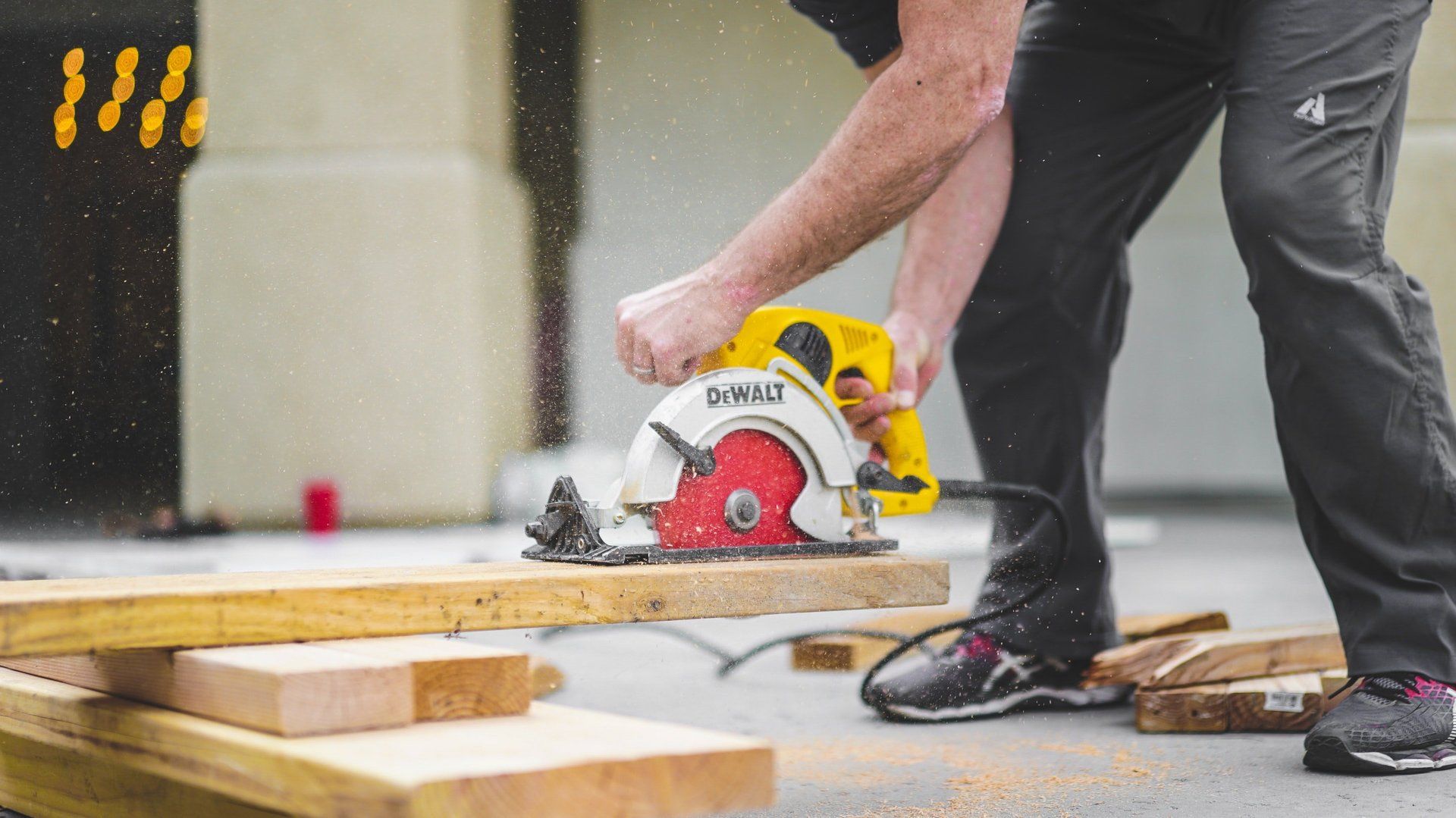
If you’re thinking about buying a new home, one key decision you’ll have to make is finding a home builder. Working with an experienced, professional builder can make a difference when it comes to creating your dream home. Seeking out a home builder that will meet your expectations involves targeted research and asking the right questions. Below are some steps you can take to find a builder who is right for you. Make a List of Potential Builders With so many companies to choose from, a wise first step is to make a list of potential builders. The Charlotte-DeSoto Building Industry Association maintains a list of contractors that build in this area. If you want to add more names to your list, consider reviewing the real estate section of the local newspaper for builders and projects. Many builders advertise what type of homes they construct and often offer a price range. Other great resources include local real estate agents and friends or relatives. Ask Questions Once you’ve generated a robust list of potential builders, reach out and ask questions. You can start by asking about associated costs in the short and long term to include financing options, fees, homeowner’s association dues and estimated taxes. Don’t forget to secure references of recent buyers. A professional builder will be able to provide you with names and contact information of present and past customers. When you connect with a reference, inquire about their experience working with the builder in terms of planning, timelines and budgeting. Get to Know Your Builder Once you’ve narrowed down your list, make sure the home builder has substantial experience building the type of home you want. You can ask to see model homes, sample floor plans and available design options. Some builders have professional designations which is a sign that the builder has expertise in a specific area of building, for example, Certified Green Builder (CGP). We also recommend researching your builder. The CDBIA has a checklist to assist you with this. This checklist is available at www.cdbia.com on the resources tab under the education section. This checklist offers tips such as researching your builders’ license for complaints, checking with their subcontractors and visiting job sites where they are currently building. These tips can help you with making a decision on choosing the right builder. Establish Communication Expectations Before you agree to work with a home builder, make sure to establish communication expectations. You both should agree on how often to correspond to discuss updates throughout the project. It is best to determine what communication channel (email, text or phone) fits your needs. Taking this small but important step will help eliminate any confusion in the home building process and avoid damaging your relationship with your builder. Establishing trust and communication is key to a successful project! To meet local home building professionals and learn more about the home building process, contact the Charlotte DeSoto Building Industry Association at 941-625-0804 or visit www.cdbia.com. Caryn Huff-Sufferling is the 2021 President of the Charlotte-DeSoto Building Industry Association and Senior Project Manager of Wharton-Smith, Inc and can be reached via email at chuff@whartonsmith.com

Buying your first home can be both an exciting and daunting experience. There are many steps to take to ensure the transaction for one of the biggest purchases you’ll make goes smoothly. First-time home buyers sometimes make a few missteps, such as not checking your credit score or talking to only one mortgage lender. Below is a brief guide to helping you avoid mistakes while buying your first home. Not Checking Your Credit Score Lining up your finances is key before moving forward to purchase your home. One of the first steps is checking your credit report and learning your credit score. Your credit score is an important factor a lender uses in determining your interest rate on your mortgage loan. You have the right to a free copy of your credit report once a year from each of the three major credit reporting companies (visit annualcreditreport.com). Check for and correct any errors on your credit report to avoid potentially paying a higher interest rate on your loan. Viewing Homes Before Knowing Your Price Range Attending open houses or touring homes can be challenging if you do not know how much you can afford. You’ll risk falling in love with a dream home you may not be able to attain. Before online searching or driving around in your favorite neighborhood to find a home that works for you, talk to a mortgage lender. A lender will help you determine what type of mortgage you qualify for and your interest rate. Only Connecting with One Mortgage Lender First-time home buyers that avoid comparing several different lenders could miss out on potential savings. When determining which mortgage lender is right for you, compare the different rates, lender fees and loan terms. Shopping around will help you figure out the lowest rate possible. According to a recent NerdWallet report, assuming a 30-year, fixed-rate $260,000 mortgage, a buyer could save $430 in interest in the first year alone by comparing five lenders before applying. Focusing Only on Putting Down 20 Percent The longstanding first-time home buyer myth is that you need a 20-percent down payment to purchase a home. There are several loan programs and options available to allow buyers to move forward with putting down a smaller down payment. Determining how much you should put down is a personal decision based on your financial status. For more information about purchasing your new home, contact the Charlotte DeSoto Building Industry Association. Odette Embury is the Senior Vice President of Residential Lending at Drummond Mortgage and can be reached at (941) 883-4761 or email oembury@drummondbank.com
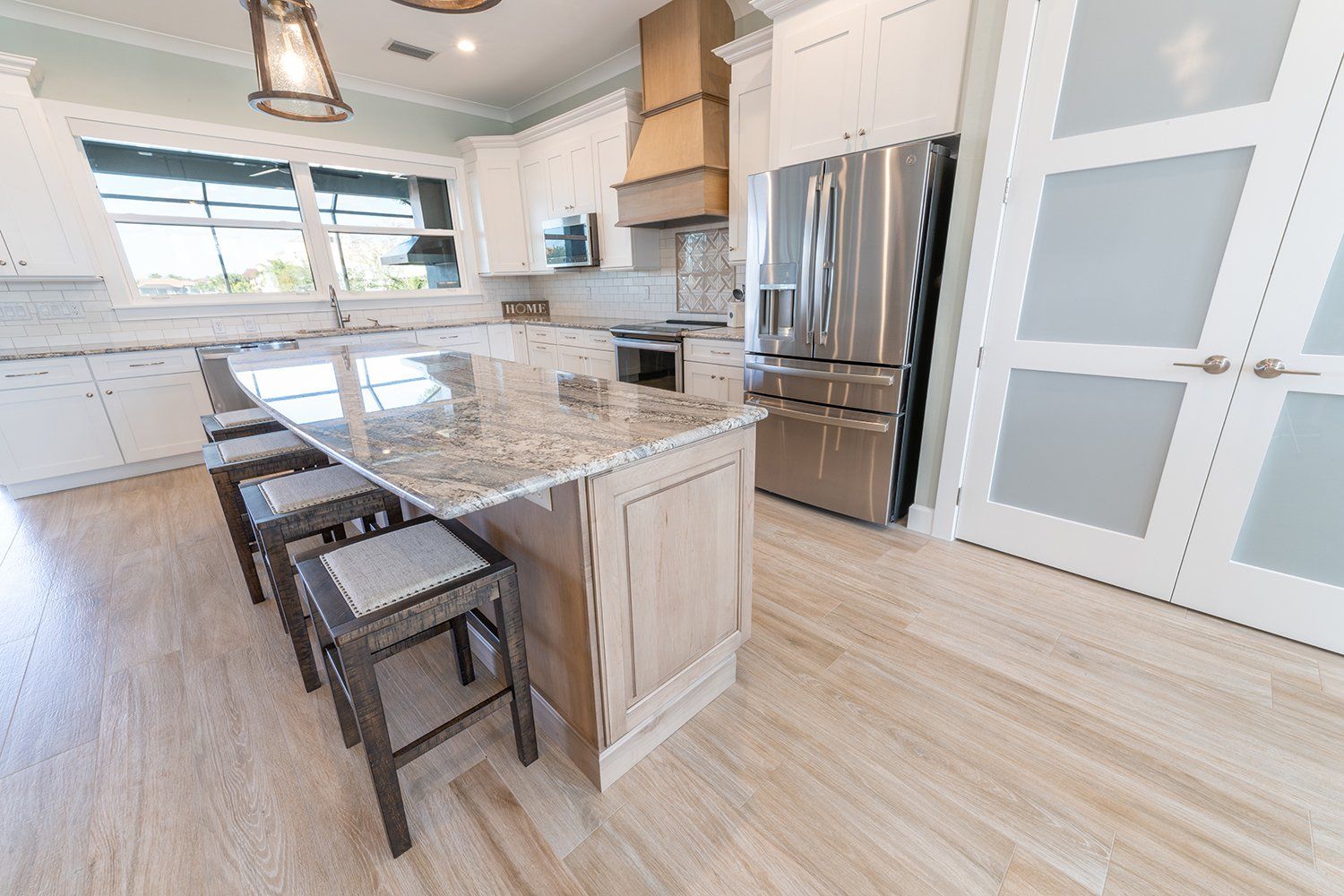
Mission of the CDBIA: We are a professional organization of industry leaders who advocate, educate and support our members, customers and stakeholders while being the voice of the construction industry in our community. CDBIA is a not-for-profit organization consisting of a group of individuals and firms who care about their community - who believe that home ownership should be within reach of every American. They believe in the free enterprise system. They believe that homes and all buildings in America should be well-designed, well-constructed and located in attractive communities where educational, recreational, religious and shopping facilities are available to all. These members have pledged that honesty shall be their guiding policy. They believe that high standards of health, safety, and sanitation shall be built into every home. They encourage research within the building industry and give their informed and vigorous support to all sound legislative proposals affecting the industry. And through their association, CDBIA, they are committed to establishing and maintaining the very highest standards in the country for the building industry. Association members come from all types of businesses-builders, large and small, architects, engineers, subcontractors, financial institutions, public utilities, manufacturers, suppliers, retail and wholesale firms, and marketing professionals. These firms and individuals are proud of the part they play in building the communities where they work and live. CDBIA’s strong affiliation with the Florida Home Builders Association and the National Association of Home Builders provides an essential network for the exchange of information and ideas. The Charlotte-DeSoto Building Industry Association is an essential organization - not only to its members - but to the community it serves. Visit CDBIA.com for our directory of members and consumer resources. On the consumer resources page you will find How To Choose A Builder, What a Handyman Can and Can NOT Do, Model home locations and much more. Charlotte-DeSoto Building Industry Association 17984 Toledo Blade Blvd. Port Charlotte, FL 33948 W: (941) 625-0804 F:(941) 627-9041 E: admin@cdbia.com www.cdbia.com 2021 CDBIA Parade of Homes Committee: Chair: Odette Embury (Drummond Mortgage) Kevin Graham Rich Lancette (Suncoast One Title & Closings) (Hessler Floor Covering) Committee: Wendy Atkinson (Nolan Family Insurance) Brian Krohn (Achieva Credit Union) Elizabeth Lombardo (The Firm Advertising Agency) Thom Proffer (The Firm Advertising Agency) Marisa Liberti (AR Homes by Arthur Rutenberg) Stacey Lowery (Pinkerton Payroll & Insurance) Brandi Riede (Florida Weekly) Karen Rolland (The Rolland Group, Keller Williams Realty Peace River Partners ) Dave Woods (Sun Media Group) Christian Young (DHY Media) CDBIA Staff Liaison: Alaina Dumas
➺ stay in touch
Explore the SWFL Parade of Homes – Your Dream Home Awaits!
Whether you're searching for inspiration or your next dream home, this is the perfect opportunity to explore a variety of homes in one exciting event.
